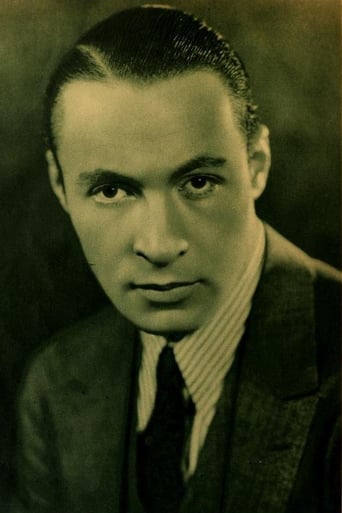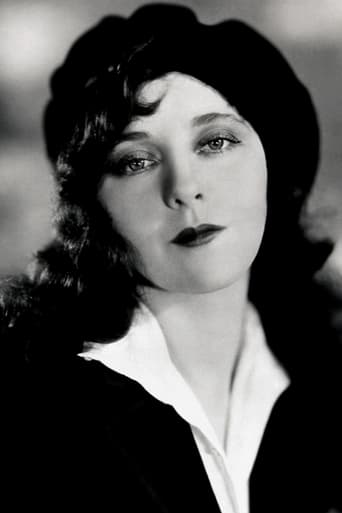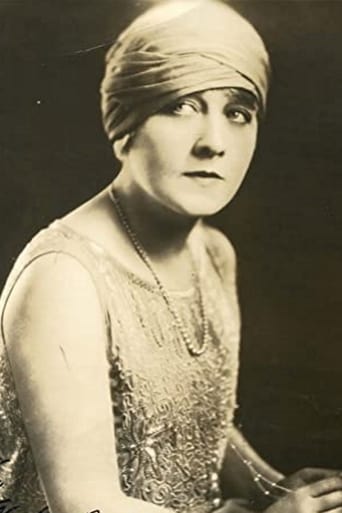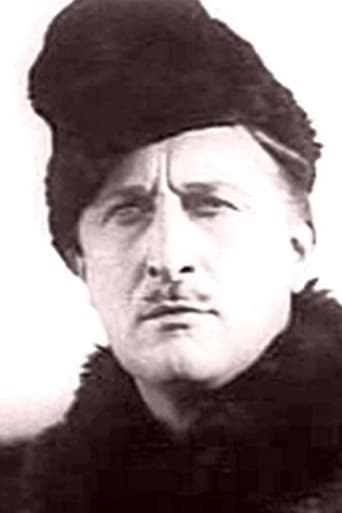tashman
Based on the Ferber novel, GIGOLO is the naughty title of a film that, surprisingly, actually winds up being all about a gigolo, and, even more remarkably, about a gigolo who came from Wisconsin. That the gigolo is played by an actor named Rod La Rocque, who's name was really and truly (Chicago born) Rod La Rocque, is just a double bonus extra. The underrated La Rocque, who can be seen in numerous extant and accessible films from his stardom heyday (CAPTAIN SWAGGER; BRAVEHEART; THE COMING OF AMOS; BACHELOR RIDES), had been a DeMille player, most effectively seen as the quintessential sinning Jazz Age modern in the underappreciated "contemporary" section of 1923's THE TEN COMMANDMENTS. Aside from a tad too much make-up as he transforms into the title character, La Rocque is quite terrific as the heir to a Wisconsin factory sold in order to finance an extravagant Parisienne lifestyle for his youth-obsessed mother and her unsavory second husband. Distinguishing himself as a WWI hero, he returns to find his dying mother ruined and deserted, and, several tangos later, finds himself "stretching his braces, pushing ladies with lifted faces" on the dance floor, when along come old family friends from Wisconsin on a little visit to Paris. How could he have wound up in such a scandalous predicament? Thanks in large part of the excellent direction of William K. Howard, this detailed saga tells you all about it, and in stunning fashion, for GIGOLO is laced with surprisingly griping, realistic depictions of the seamier side of the Roaring 20's, which helps elevate the film beyond the cultural titillation of the title. Jobyna Ralston is an attractive leading lady given very little to do, but veteran character actress Louise Dresser scores with a colorful, pathetic portrayal as La Rocque's doomed, insecure mother.



